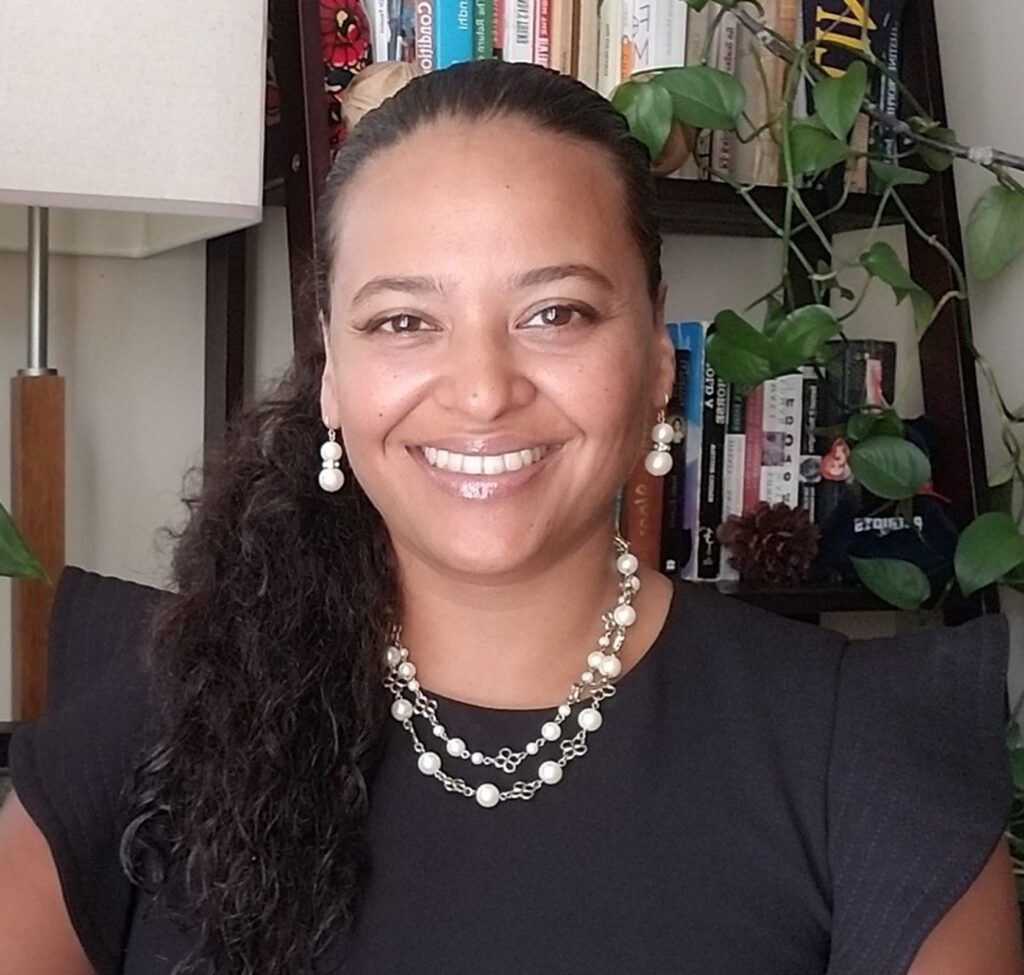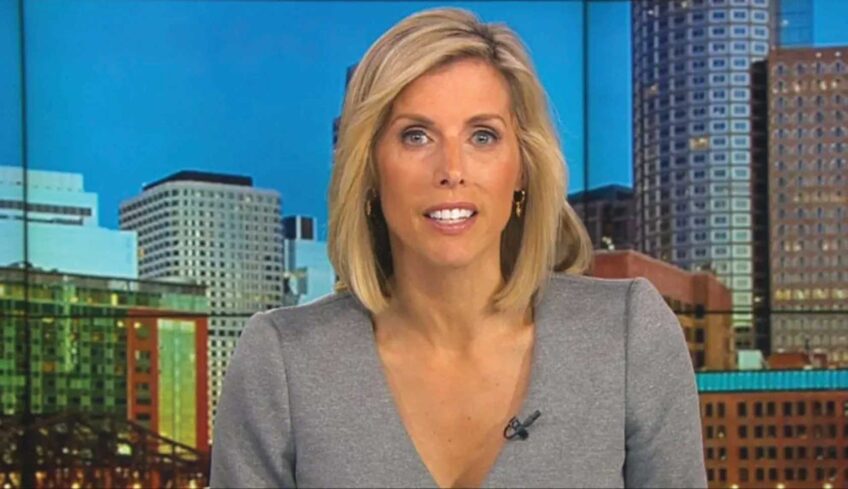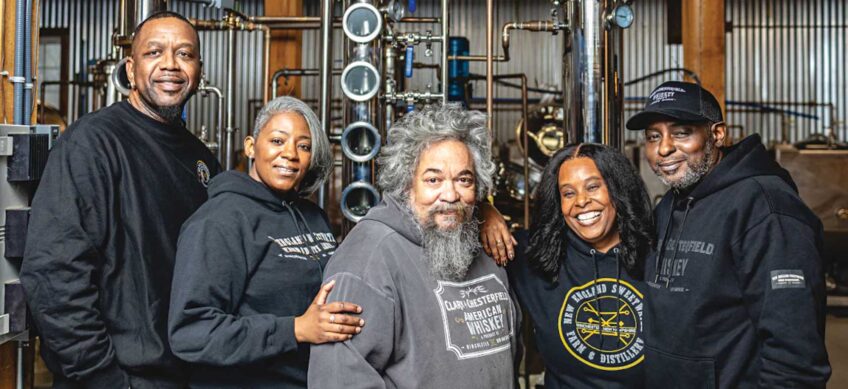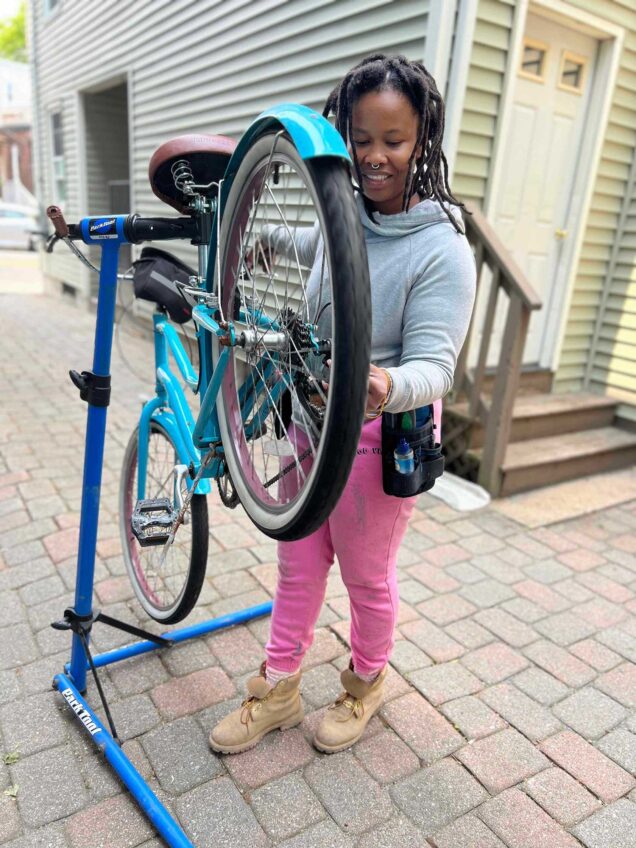Diversity in the construction industry is lacking. This program means to change that.

Banner Business Sponsored by The Boston Foundation
When Vrajesh Patel first entered the construction industry five years ago, he didn’t believe he’d find a leadership role.
“I did my homework, I saw the people that were here … that were white and male-dominated, and I did not see myself getting here at all,” said Patel, who is now a project manager at Columbia Construction Co. “In construction, diversity has been spoken about, but it hasn’t been taken seriously.”
The Massachusetts chapter of the Associated General Contractors is hoping to change that by offering mid-career professionals from historically marginalized communities a boost through its Emerging Leaders Development Series. Patel, an alumnus from the first cohort, said that the program is intended to help participants to become the executives in the C-suite.
Patel is one of over a hundred people to go through the training series put on by the AGC’s Bay State chapter to correct unequal opportunities in construction. The chapter’s hope is for talented workers to mingle with high-ranking professionals to fast-track their own careers.
“It’s teaching them how to be a leader but also giving them a greater understanding of what the role of a construction manager is,” said Samilys Rodriguez, director of career development & industry inclusion for AGC of Massachusetts.
The association is finishing up the recruitment process for candidates and will begin training in the fall. This will be the fourth cohort.
“Last year, about half of the participants were women,” said Rodriguez. “Maybe 40% were people of color, and because these participants come from our general contractor member firms, they come from all over the state.”
Construction professionals see a lack of fresh energy in their companies, and leadership programs are betting on diverse talent to transform the field. According to the Bureau of Labor Statistics, the construction industry is almost 88% white. By contrast, Asian individuals make up less than 2% and Black individuals make up under 7%. Women only make up about 11% of the industry.
“There’s a lot of white men, it just is what it is,” said Leah Hoffman, alumni and senior project manager at Colliers International. “But in past years I’ve seen more diversity begin to be introduced.”
Hoffman said that the program offered her “good networking opportunities to build strong relationships.”
Elizabeth Wambui, director of diversity, inclusion and community impact at Fontaine Bros., the largest western Mass public builder, said she makes a point of being visible.
“It’s just hard when you don’t see folks like us in roles, so I really do take that perspective and make sure that I am visible in that way,” she said.
Diversity at public vs. private projects
There’s a big difference between diversity standards for construction contractors or subcontractors depending on whether a construction project is public or private.
For public projects, the state has a number of diversity goals. The Boston Residents Job Policy, for instance, requires that at least 50% of the total work hours must go to Boston residents, at least 25% must go to people of color, and at least 10% must go to women.
Statewide, subcontracting for minority-owned businesses expanded to $157 million in 2023, an $18 million increase from the year prior.
But for private projects, there aren’t the same standards of inclusion.
“Private, there historically may not be a goal for the owner,” said Justin MacEachern, vice president and Massachusetts leader for global construction company Gilbane Building Co. MacEachern said Gilbane has its own $4 billion award to include diverse companies in their fold.
Diversity of thought is hard to come by but necessary, according to Columbia Project Manager Adam Wong, who worries that there will not be enough new talent to innovate.
“When it comes to diversity you’ve got to be able to challenge each other in a constructive way and always strive to do better,” said Wong.
Maya Shavit is an intern at Boston Business Journal.






